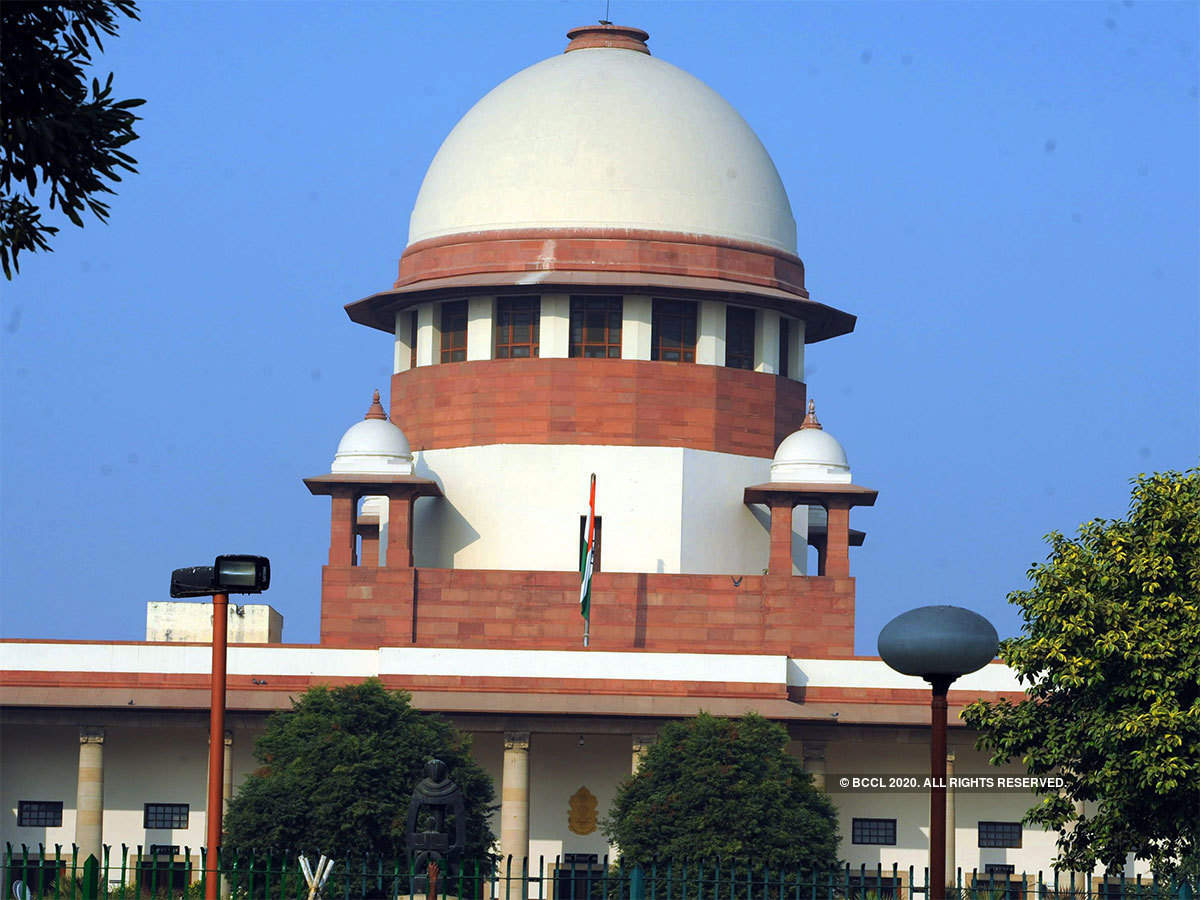
‘Entrance exams not a proxy for merit’: SC upholds 27% OBC quota in NEET

The Supreme Court on Thursday (January 20) upheld the 27 per cent reservation for Other Backward Classes (OBC) in the All India National Eligibility cum Entrance Test (NEET) for undergraduate and postgraduate admissions, and said that quota for the backward classes is “not at odds with merit, but furthers the distributive impact of social justice.”
The top court, in an interim order on January 7, had allowed the resumption of counselling for NEET-PG admissions for 2021-22 by upholding the constitutional validity of the 27 per cent quota for OBC and 10 per cent for Economically Weaker Sections (EWS) in the All India Quota. The court had said that it would give a detailed order explaining the reasons behind its decision.
In the detailed order issued on Thursday, a bench of justices DY Chandrachud and AS Bopana said that merit cannot be equated with “narrow definitions” of a student’s performance in a competitive examination which only provides formal equality of opportunities.
Also read: Relief for doctors as SC allows NEET counselling for PG, UG admissions
“Current competencies are assessed by competent examinations but are not reflective of excellence, capability and potential of an individual which are also affected by lived experiences, individual character, etc. Not reflected in exams are the social, economic and cultural advantages that accrue to certain classes and contributes to their success in these examinations,” the apex court said in its order.
Answering the question about “non-backward” individuals from backward communities enjoying the privilege of reservation, the court said the bigger picture or the overall circumstance of the said community should be seen in this context.
“It may be that Individual members of an identified group which are being given reservation are not backward or individuals belonging to non-identified group may share characteristics of a backward group with members of an identified group. The individual difference may be a result of privilege, fortune and circumstances but cannot be used to negate the role of circumstances,” the court said.


